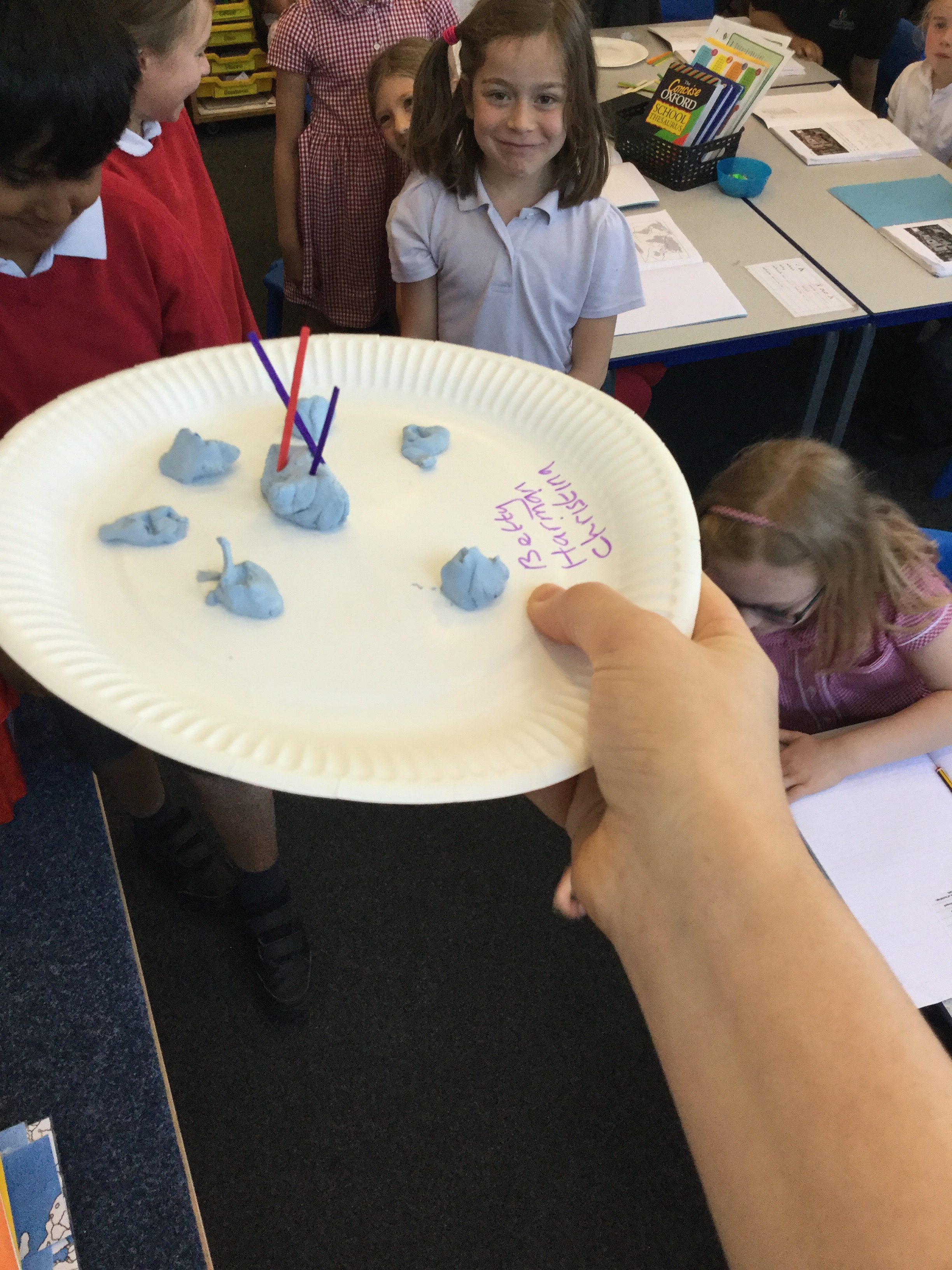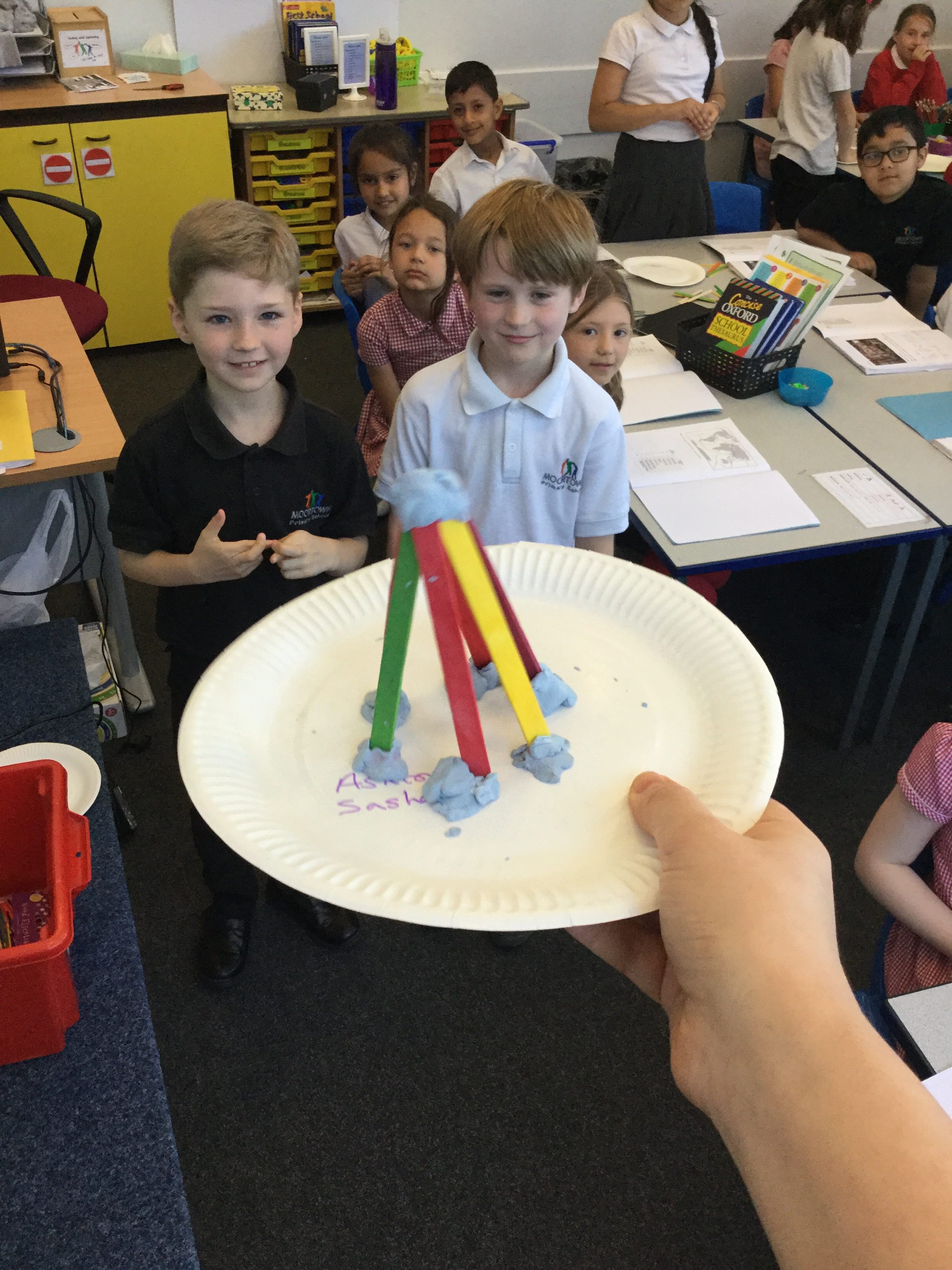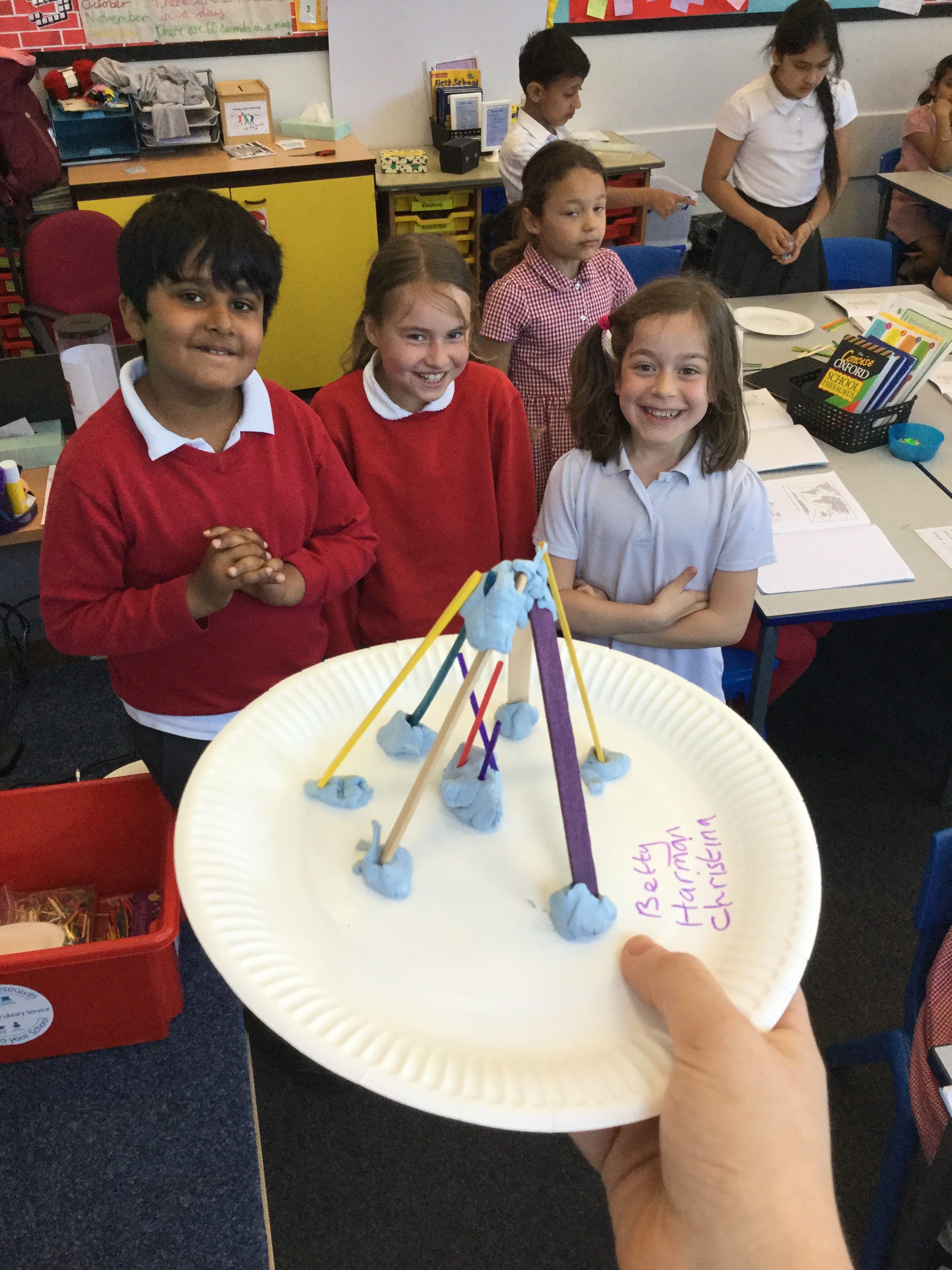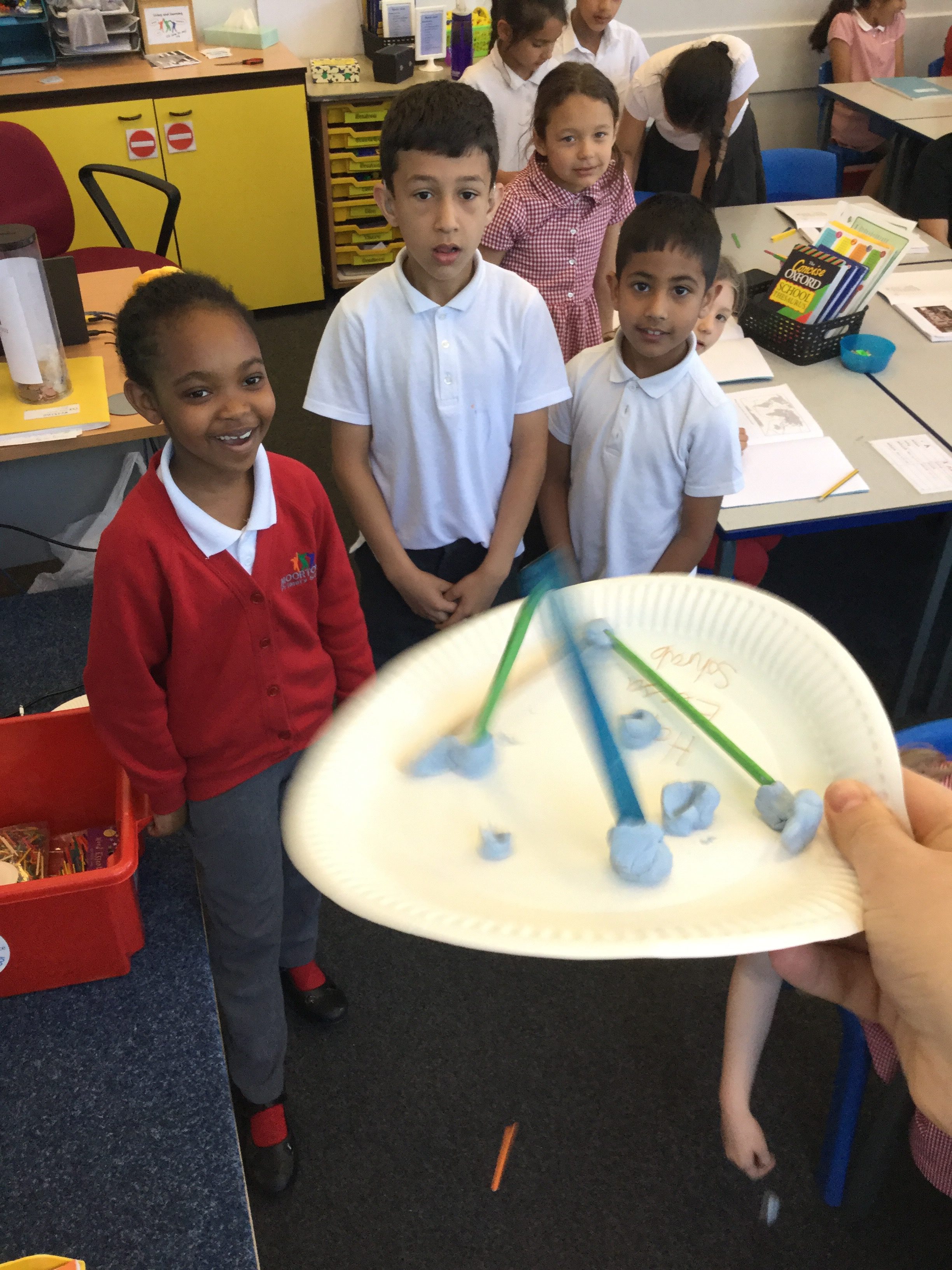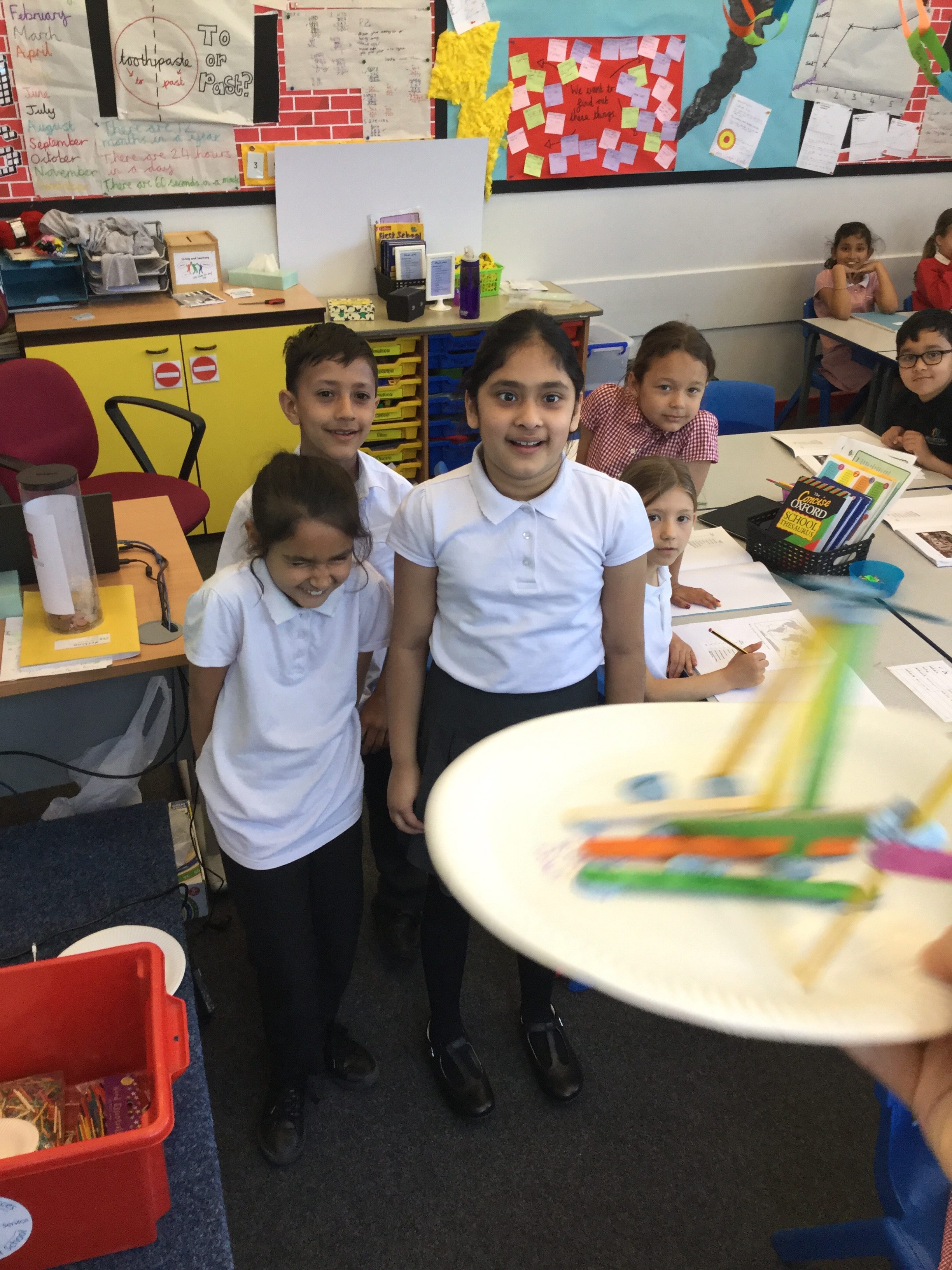Skipping festival tomorrow
Year 2 are all set for their skipping festival tomorrow afternoon at Leeds Trinity University.
This is an opportunity for all the class to be part of our team at a fun event with other Year 2 classes. All children know the event they will be taking part in and they will also support their friends and watch some great skipping skills.
We will be leaving school by coach at 12:20pm and all children need a packed lunch to eat at school before we leave. We will be arriving back at school at approximately 4.30pm, dependant on traffic.
Your child will need their PE kit in school and they should also bring a fruit snack and have their water bottle in school to take with them.
The class have learnt many new skills since their initial skipping workshop and they have worked hard to improve their personal bests for each skill.
There will be chance to see some of these skills at a skipping assembly next Wednesday 19 June at school. This is weather dependent and parents and carers are invited to come and watch at 2:30pm, if the weather is fine, and we can show off the skipping skills in the playground.
We do still have some skipping ropes available for sale for the children to continue to work on their skills at home. These are at a subsidised cost of £2 per rope (normal price £5). Please ask if you would like to buy a rope.
Good luck to all the children tomorrow!
Skipping day
One of the ways we have invested our PE and Sport Premium, over the last two years, is our partnership with Skipping School. This has supported children to learn new skipping techniques.
With skipping equipment available for pupils to use at playtime and lunchtime, this is one of the ways they can achieve their active 30 minutes in school every day.
Year 2 and Year 4 have taken part in skipping festivals this year and Jodi, from Skipping School, will be working with our remaining classes on Wednesday 19 June.
There will be a whole school skipping assembly at the end of the day and if the weather is dry, this will be held in the playground and parents and carers are invited to come and watch the skipping skills on show.
Please note that if the weather is wet, the assembly will need to be indoors and, due to space restrictions, we will not be able to accommodate parents and carers in the hall as well as the skippers.
After the skipping assembly, skipping ropes will be available for sale at a subsidised price of £2 rather than £5 from outside the Year 2 classroom.

Plastic Pollution: Ecobricks
Year 4 are going to be learning about the impact plastic is having in our oceans. How does it get there? What harm does it do to the marine life?
What can we do to help?
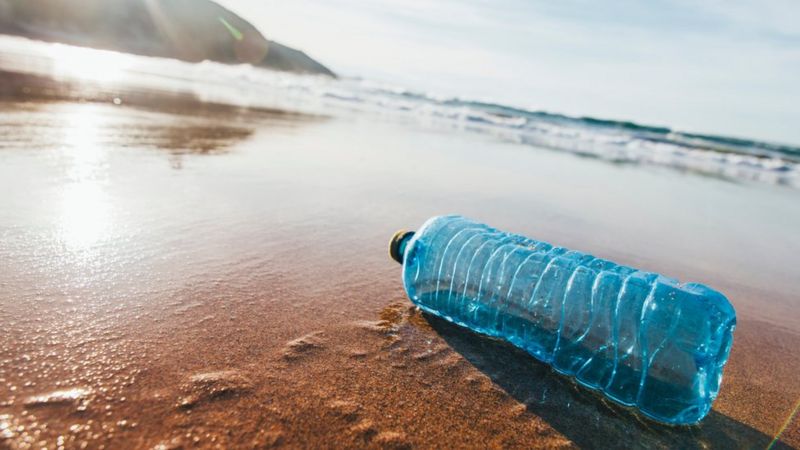
Plastic is really useful and we use it every day.
But what happens after we throw it away is causing a big problem for our planet. There are lots of easy ways you can cut down your single-use plastic, but what should you do with the plastic that you can’t avoid? Ecobricks are an ethical way of using up the plastic that can’t be recycled and won’t break down.
Today, the children have set up an Ecobrick station in the classroom.
What is an ecobrick?
An ecobrick is a building block made entirely from unrecyclable plastic. It’s created by filling a plastic bottle with clean, dry plastic until it’s packed tightly and can be used as a building block.
Ecobricks can be used in all sorts of sustainable building projects, which makes them a great way to dispose of plastic waste that would otherwise end up in landfill, and potentially, the ocean.
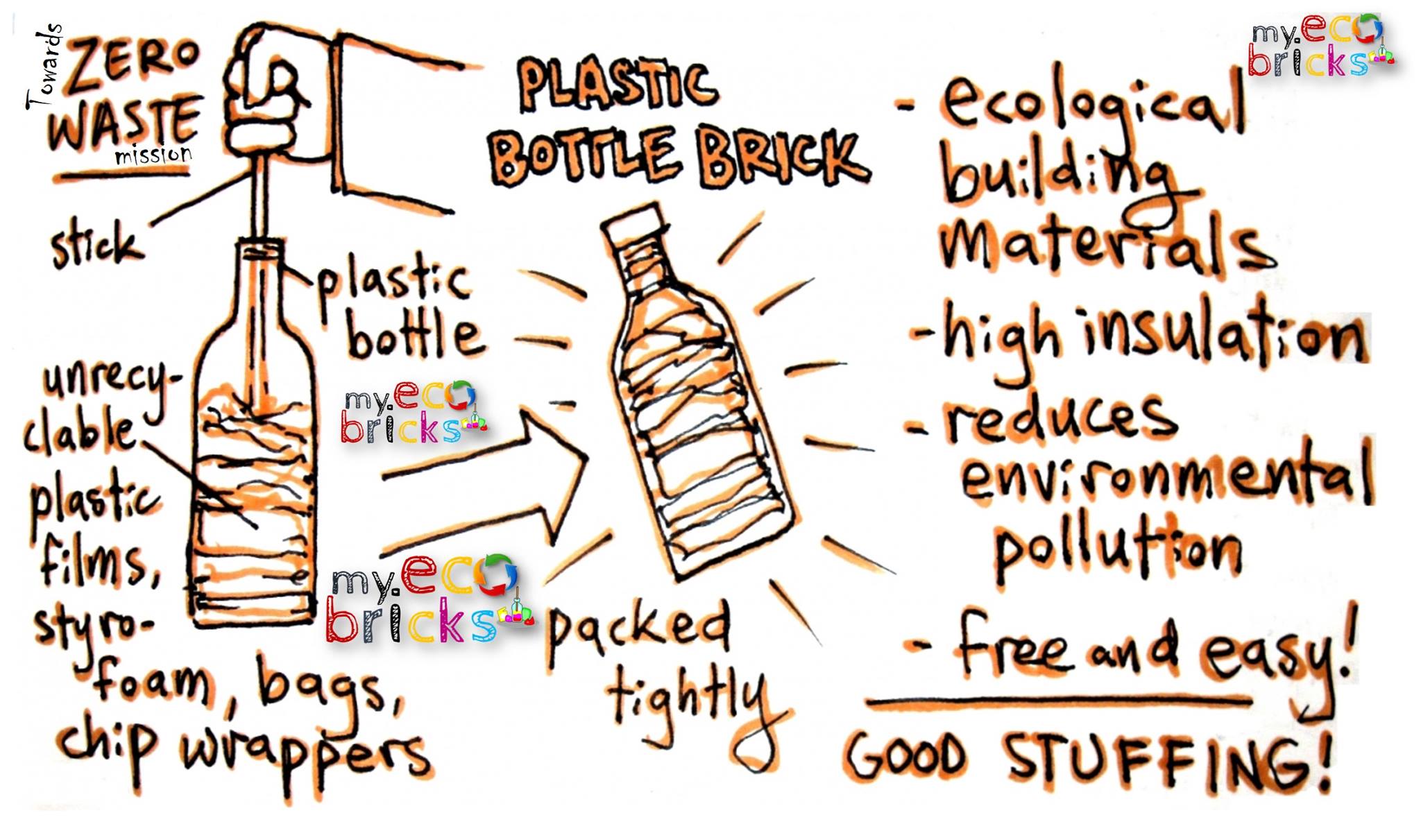 To find out more follow the link below.
To find out more follow the link below.
https://www.ecotricity.co.uk/news/news-archive/2019/what-is-an-ecobrick
Lotherton Hall
We had a great time at Lotherton Hall yesterday. The sun shone briefly and we stayed mostly dry!
The children enjoyed watching the penguins being fed and hunting for minibeasts.
Remember to ask your child to share their highlights.
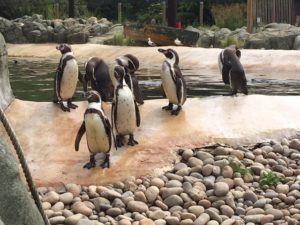
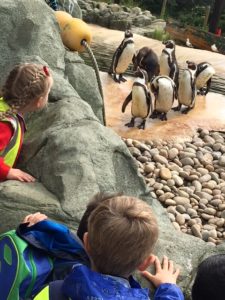
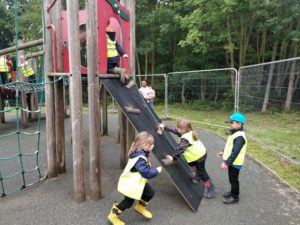
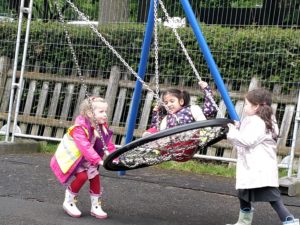
Lotherton Hall
Don’t forget our trip is tomorrow! Please send your child with a waterproof coat and packed lunch.
You can find the guidance for packed lunches in the health section of this website.
Beach School 2
A few more pictures from our recent trip to Whitby.
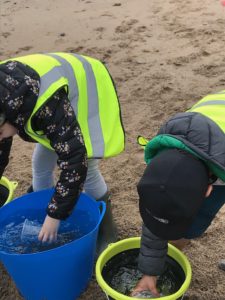
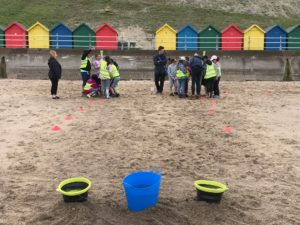

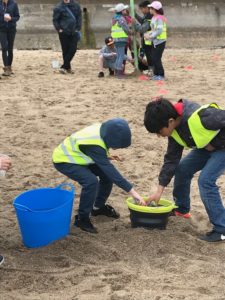
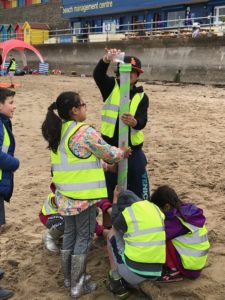
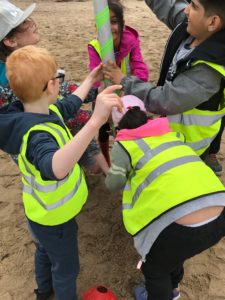
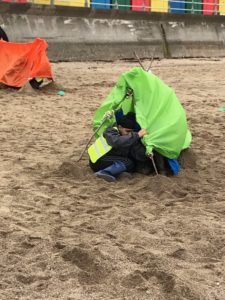

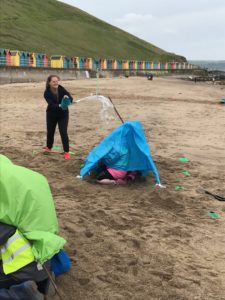
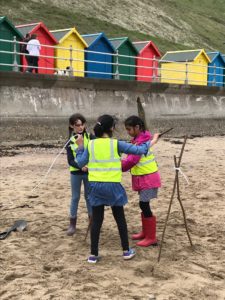

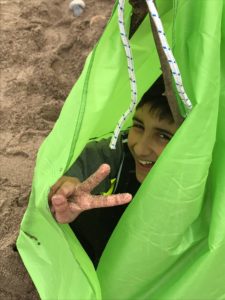
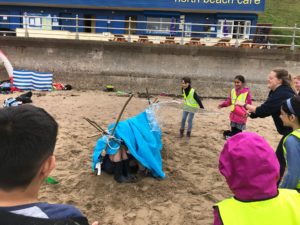
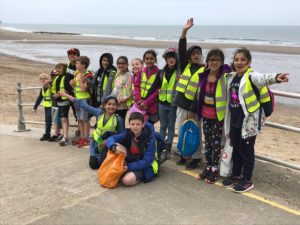

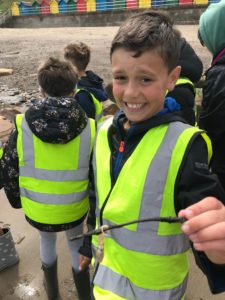
Beach School – Whitby
What a great day we had learning in an outdoor and natural environment!
As we approached the coastal town of Whitby, the children enjoyed some spectacular views. In school, we have been studying the human and physical geographical features of Whitby so it was a real treat to see them for real!




The Yorkshire Beach School were our hosts for the day. The children were encouraged to develop curiosity skills and ask questions about their findings in the natural world.
The class worked in teams, leading and taking part in discussion and problem solving activities. They were given the freedom to explore and be creative in an ever-changing environment, connecting with nature physically and emotionally.
Shelter building
Shelter building is an excellent way to learn vital team building skills whilst using natural materials found at the beach. The children loved creating their own den and testing out its ability to survive the elements.
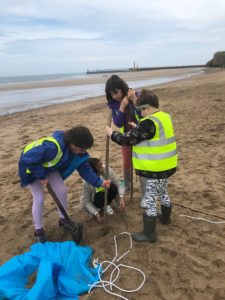
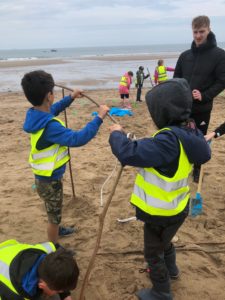
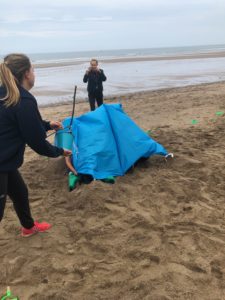
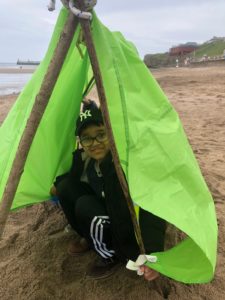
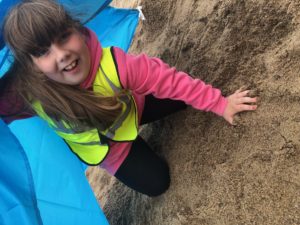
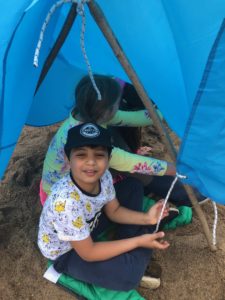
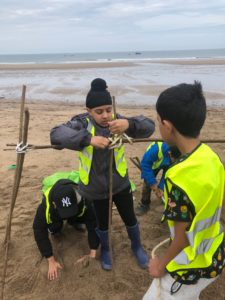
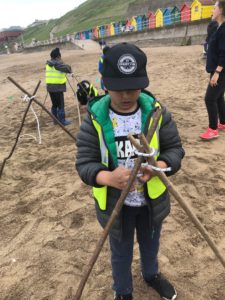
Rock pooling
Rock pooling is a fantastic way to explore all the crustaceans hidden below the high tide marks. After grabbing our nets, bucket and identifying cards, we began our searches.
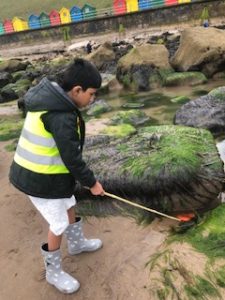
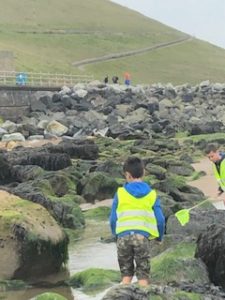
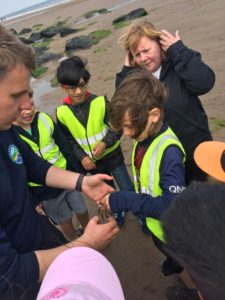
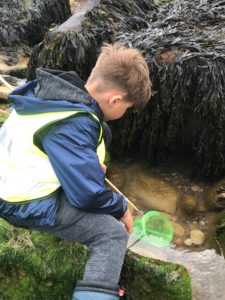
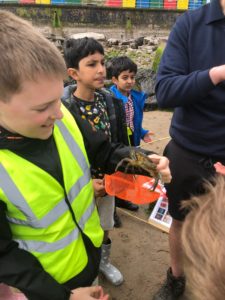
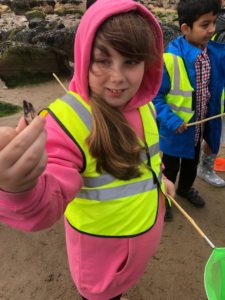
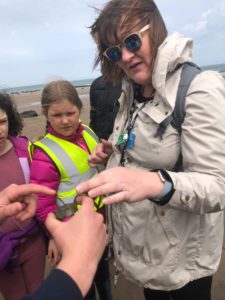
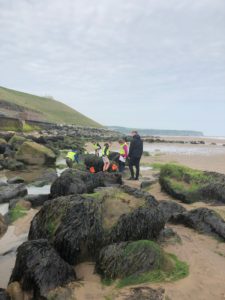
Beach sculptures
Year 4 had great fun being artists; creating amazing sculptures on the beach using the natural resources that surrounded them.
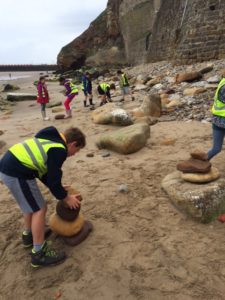
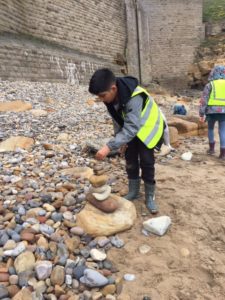
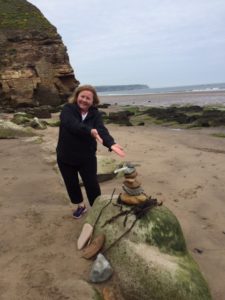
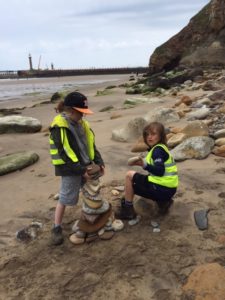
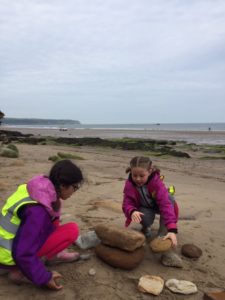
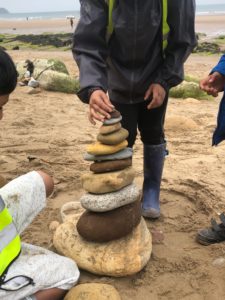
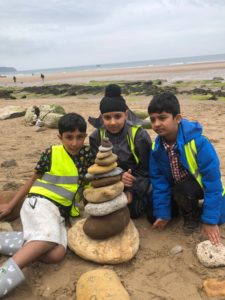
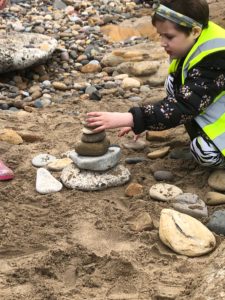
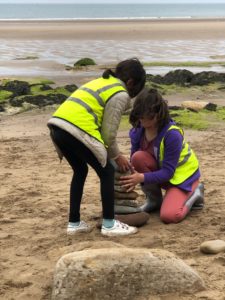
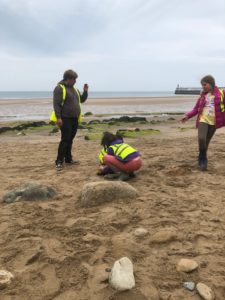
Team building
The children took park in a variety of challenging and exciting team building games; from transporting stones between their knees to filling a tube with water whilst blocking any leaks.

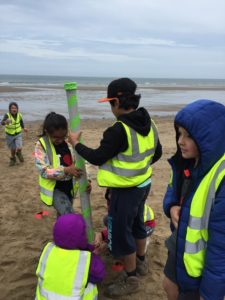
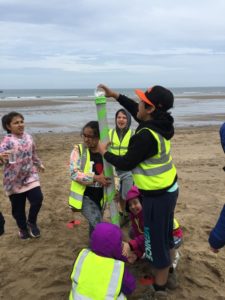
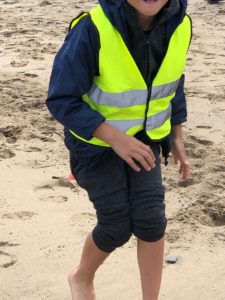
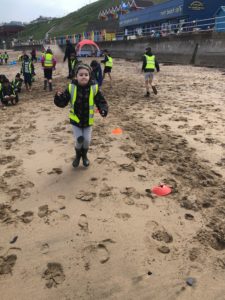
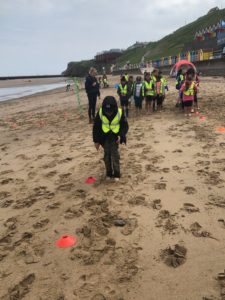
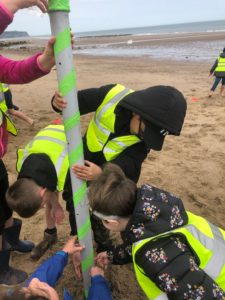
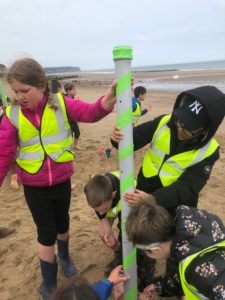
Throughout our day trip to Whitby, we are proud to say that all the children were well behaved, polite and a pleasure to escort to the coast.
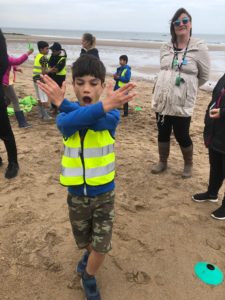
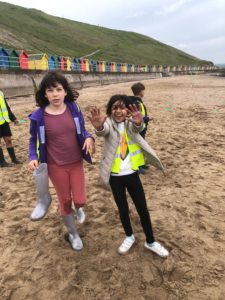
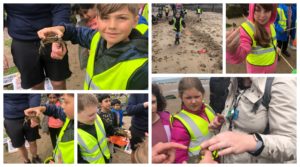
Living and Learning: Relationships education
Thank you to those parents and carers who attended the recent relationships education information sessions.
‘Very helpful to understand what information will be taught at each level and the terminology so we can use the same language at home.’
‘Lots of helpful information to help support learning.’
‘Pleased to have a clearer sense of what will be covered and how.’
‘Very helpful to understand what is covered and what vocabulary the children will be learning to be able to reinforce it at home.’
These sessions were aimed at making parents and carers more aware of some of the following aspects of our curriculum.
- What is our Living and Learning curriculum?
- What does relationships education currently look like throughout school?
- What is included in our Relationships and Sex Education policy?
Relationships education forms part of our Living and Learning for this half term and if you were unable to attend the session, our progression of learning (pg10) and the terminology (pg6) that may be used as part of this learning can be found in our RSE policy.
Let us entertain you!
Today, the whole school were invited to watch some of our talented musicians in action. Year 4 showcased their skills on the ukulele. Having learnt a few simple chords and some basic strumming patterns, the children confidently played some popular tunes for us to enjoy. 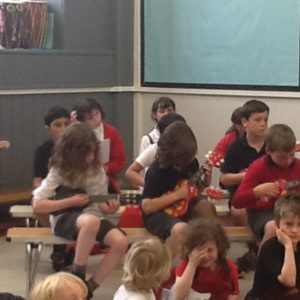
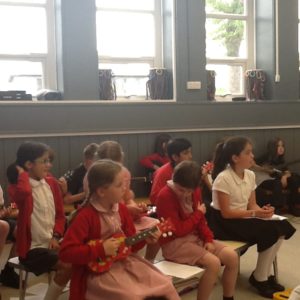
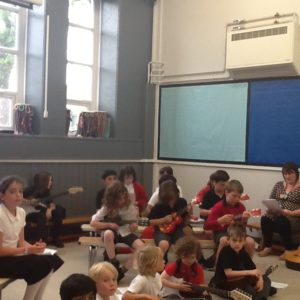
Across the year groups, we have a selection of children who are learning to play the guitar. This group of musicians also demonstrated their skills.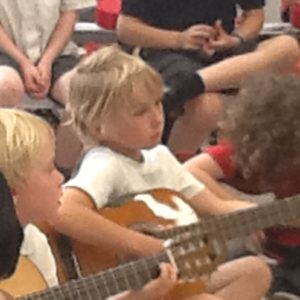
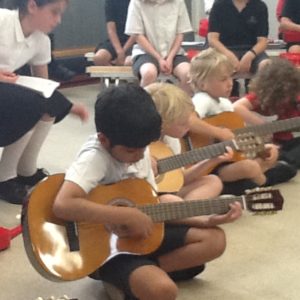
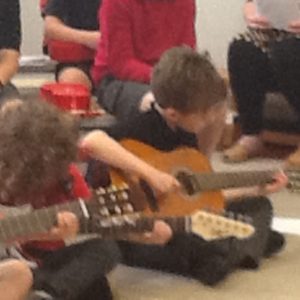
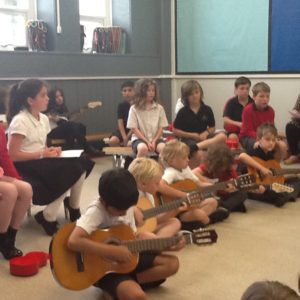
Well done all!
Topic
Year Three have been learning about extreme earth. We specifically looked at earthquakes. We learnt that most earthquake occur near the ring of fire. We learnt all about tectonic plates and where the ring of fire is.
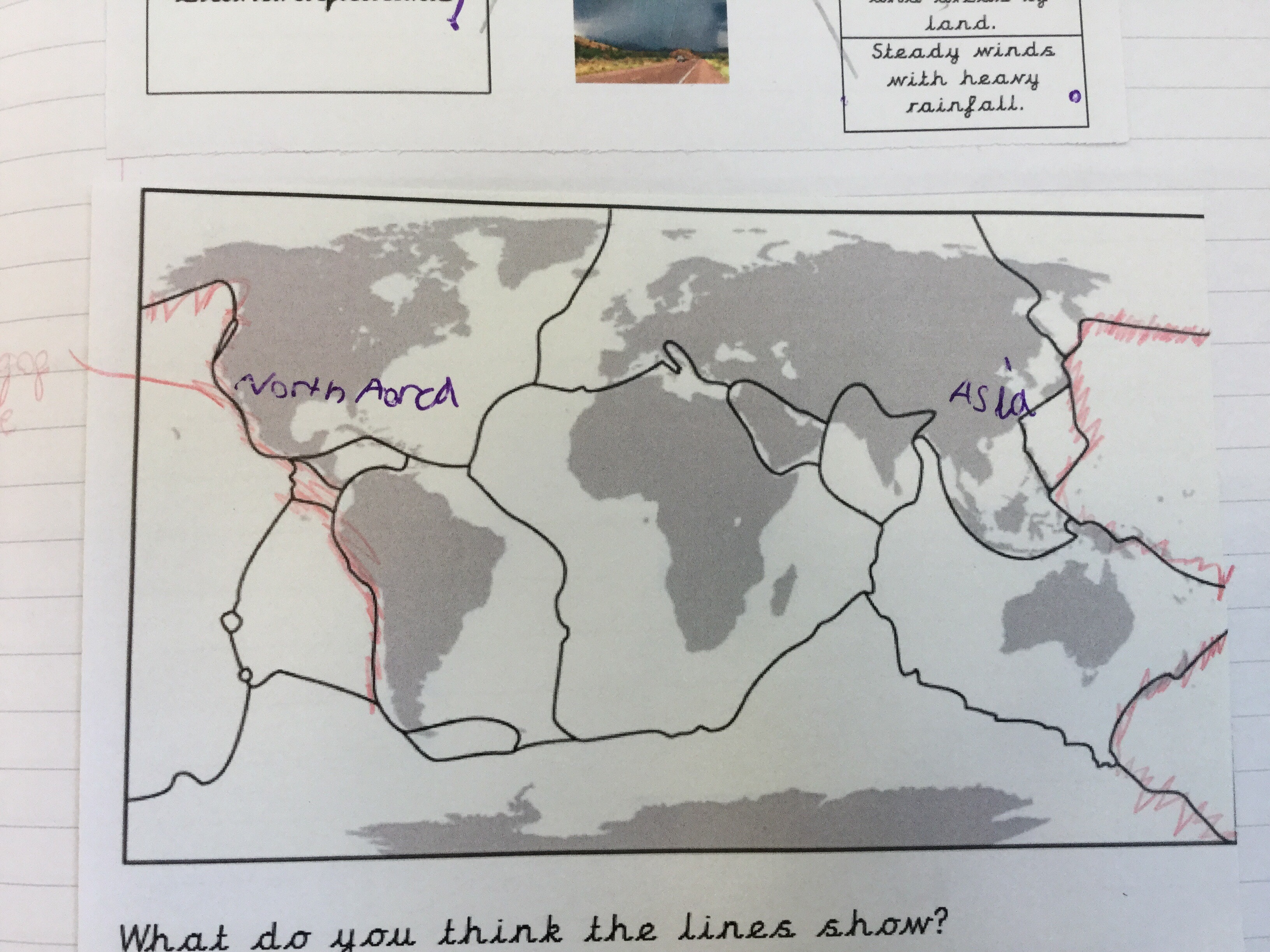
We learnt that for countries near the ring of fire a huge concern is building safety. Often people are killed in earthquakes because of buildings collapsed.
Year Three then became engineers. Their task was to create a structure that would withstand earthquake Clifford. The criteria was a structure with 4 sides.
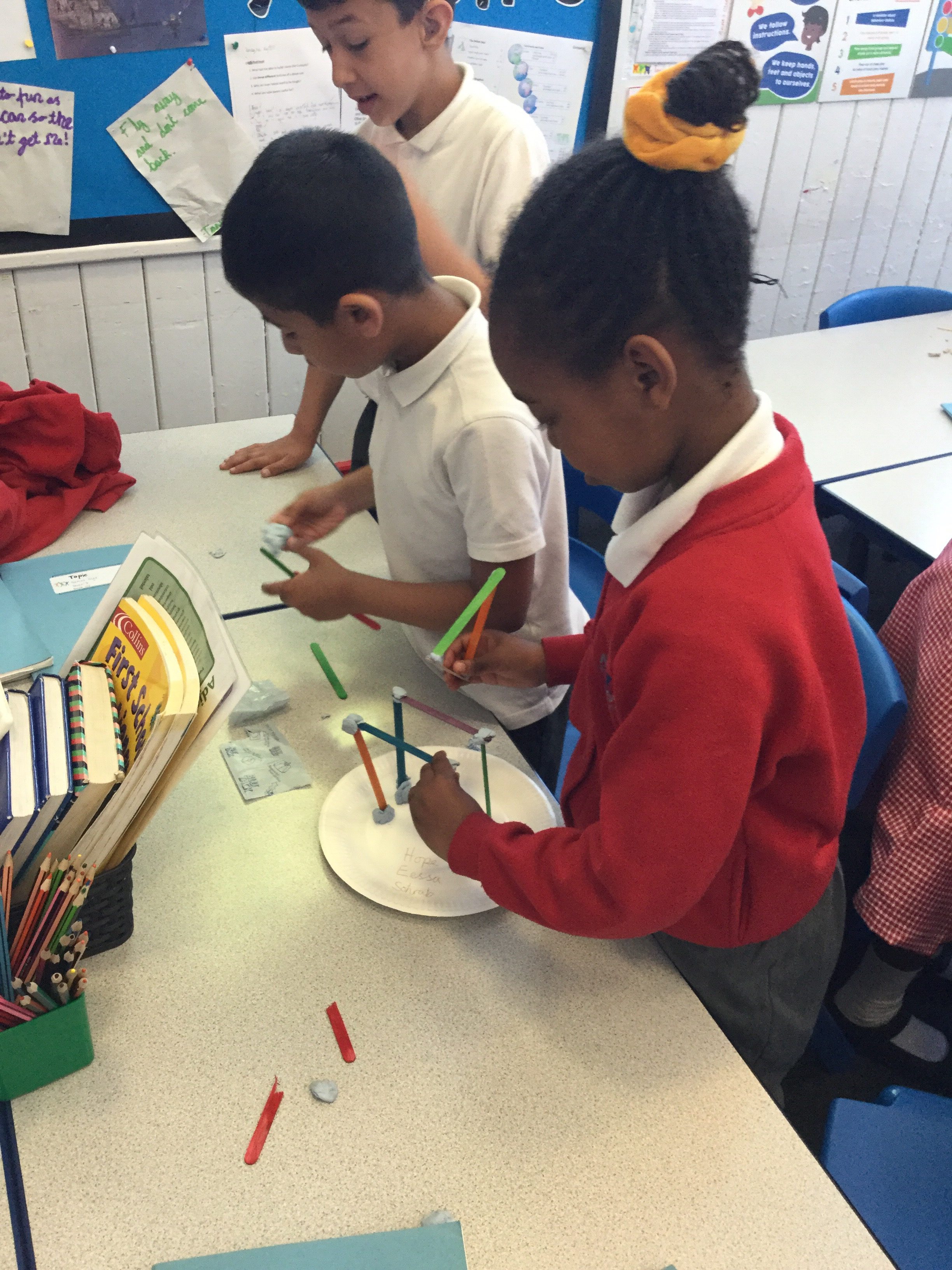
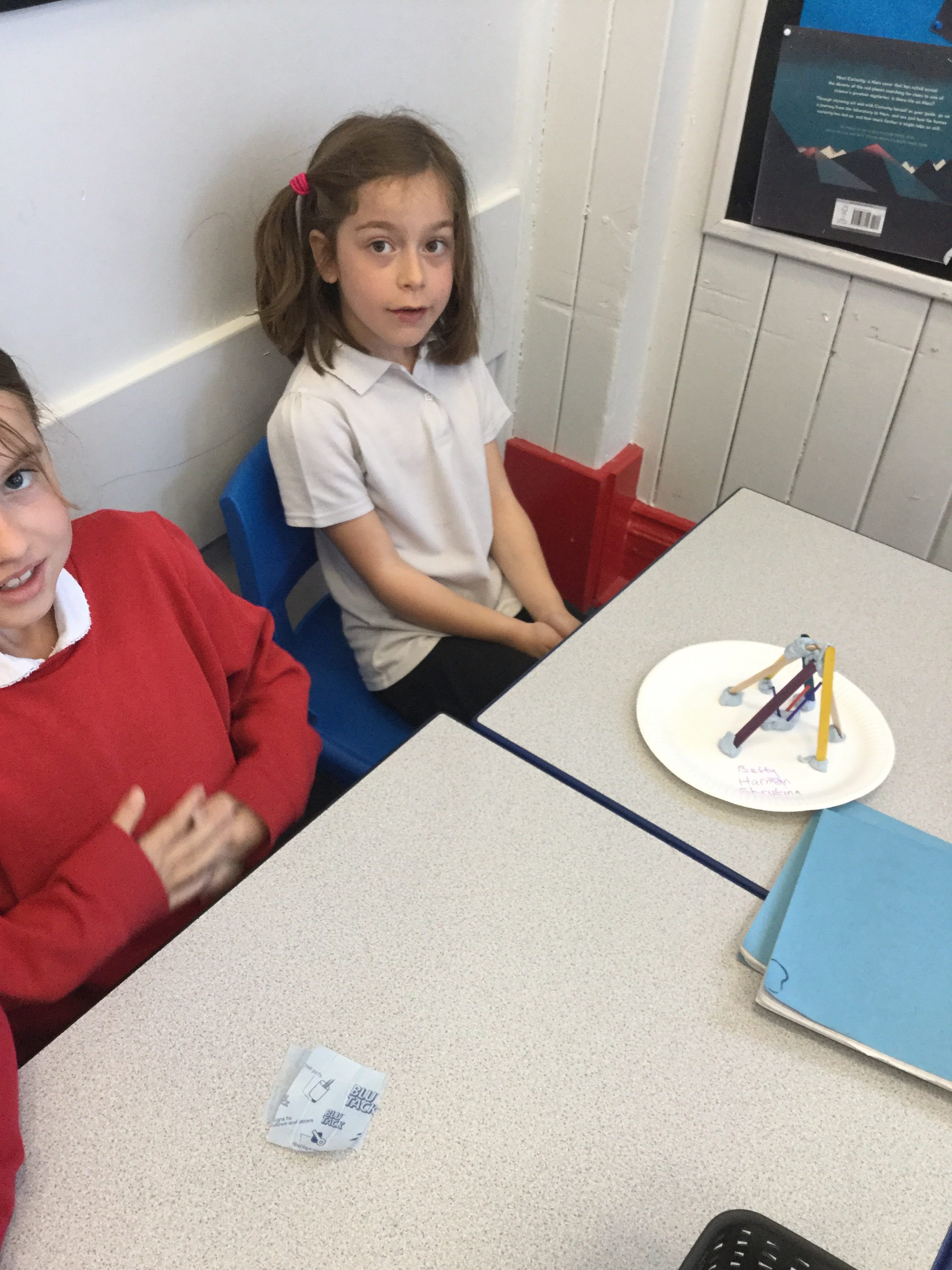
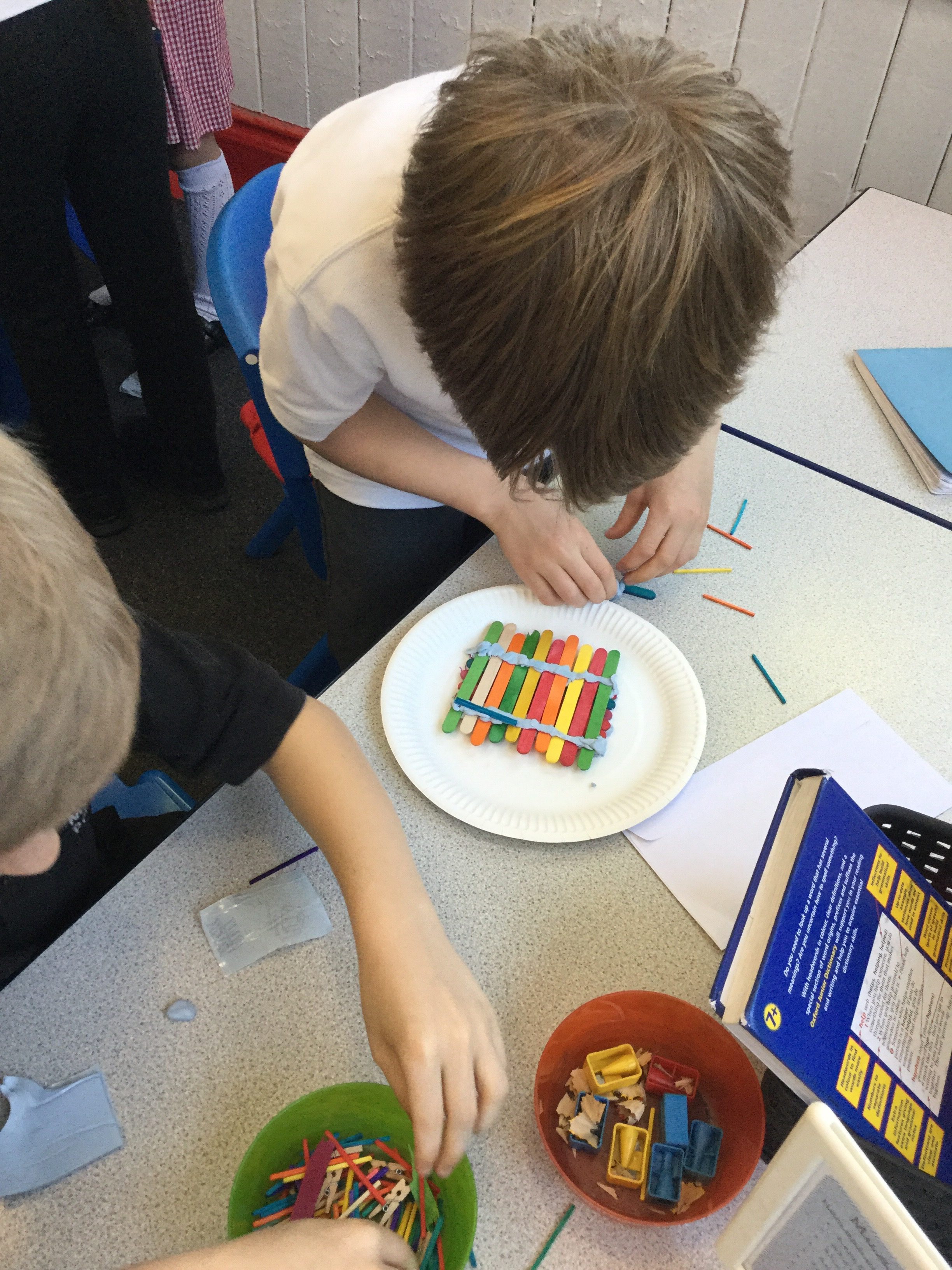
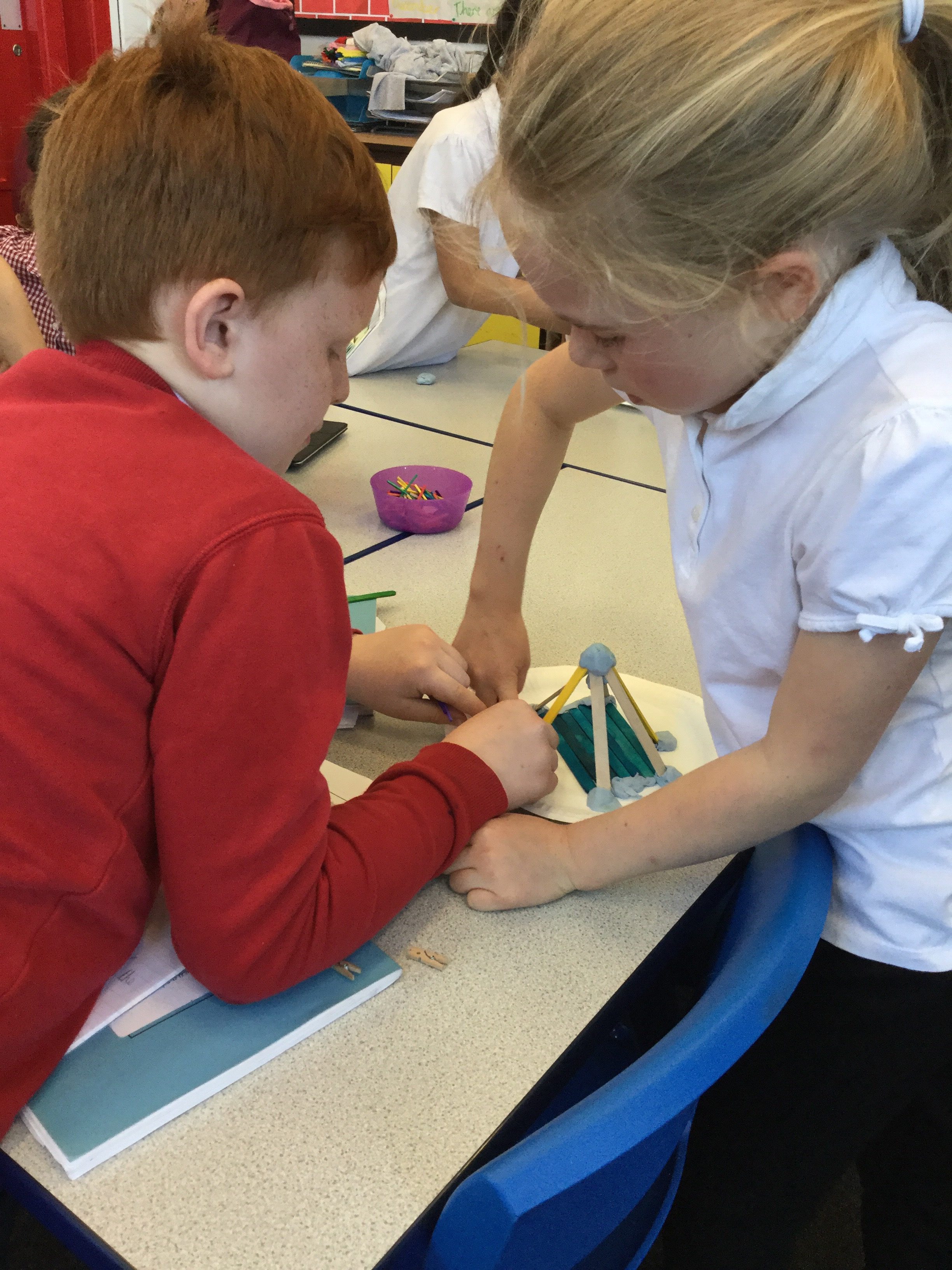
Structures were then tested by earthquake Clifford. We judged the success and safety of their structures based on how far it survived on the Richtor scale.
Great engineering, Year Three!
